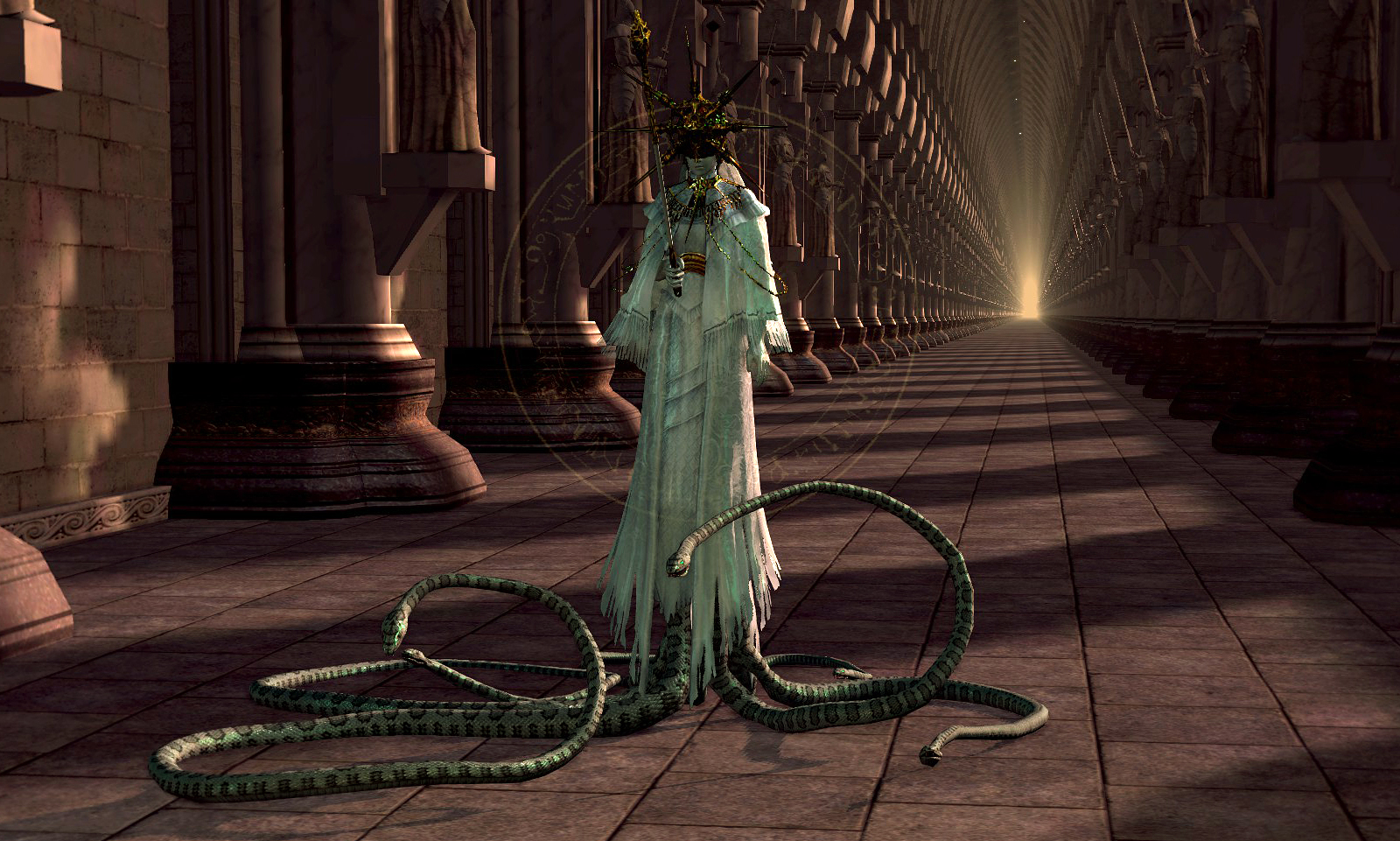I left Twitter earlier this year but before I did, I noticed many writers talking about using their writing as a form of activism. This isn’t exactly a new concept. Many novels have been written in reaction to the times in which writers find themselves. Neither is this a bad thing. The written word can bring a society to its knees, not because there’s actual magic there but because of the force of the ideas contained therein.
Fantasy makes a good vehicle for activist writing because of its flexibility and the broadness of its audience. Some of the highest grossing films right now are some form of fantasy or science fiction. However, in times where it seems like a new crisis emerges every other day and you’re the living manifestation of that meme of the dog in the burning room (“This is fine.”), is there still a place for fantasy whose goal is not activism?
This question reminds me of an interview involving Brie Larson and Jeremy Renner, who were promoting Avengers: Endgame. The interviewer asked, essentially, if they felt any responsibility as actors. Larson responded that she definitely saw her acting as a platform to spread her ideals. Renner, on the other hand, responded that there was nothing better than seeing the joy on children’s faces. Both responses were perfectly valid. As actors, they do have the ability to reach a wide audience and influence people. Whether they do or not is up to them and it’s a very personal choice that relates to their overall goal as an actor.
For writers, it’s no different. We could go into writing a novel with a specific message or theme in mind. We could build a fantasy world so that we can examine a value or belief we hold dear. In fact, I wrote the novel Clara to answer a highly personal question. When I couldn’t answer my question, I continued the series. In a way, the series Stories of Lorst is a manifestation of an ongoing conversation I’m having with myself about fate and knowledge of the future. It’s not activism but it is writing for a specific end.
However, maybe someone else is having the same conversation with themselves. Or, perhaps they see another theme or value in my series my subconscious placed there but which calls to the reader. Or, maybe they enjoy being sucked into another world, one that does catch on fire but the good guys ride in to put out the flames.
Writing a novel where good triumphs over evil is valid. We need hope in a world that seems a mess, where everything is complicated and simply going to the store feels like a colossal quest full of dangers of one sort or another.
Writing a novel where questions are posed and values are examined is valid. We need honest conversation and thought in a world full of people screaming at each other and no one listening.
Writing a novel where the greatest goal is entertainment is valid. Sometimes, we just need to slip into a different world where everything has to make sense.
Using writing as a platform for activism is a perfectly valid reason to be a writer. But it is still perfectly valid to write if all you want to see is the joy on people’s faces when they pick up your book. Whether you do or don’t depends on your goal as a writer and your choice is not one for which you should be ashamed.
More about Suzanna J. Linton
Website: https://suzannalinton.com/
Social Media: Goodreads, Instagram, and Books2Read














